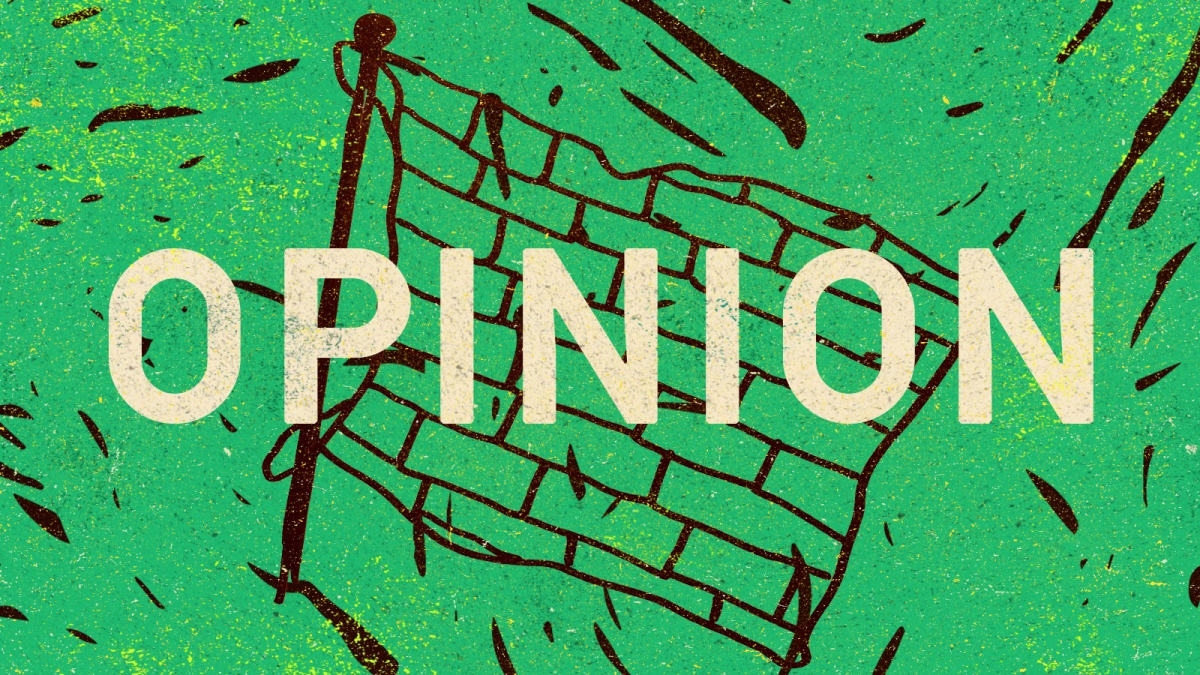The Western Balkans is a focal point of influence for both global and regional powers. Beyond the traditional forms of impact, such as economic and political, Kosovo has witnessed a noticeable increase in soft power influence, particularly from Turkey. Turkey leverages cultural and religious aspects to project its influence in Kosovo.
This influence is exerted through "cultural diplomacy" which involves using “cultural and religious factors as a tool for projecting soft power in an imaginary Ottoman geography”.
Soft power is a term coined by American professor Joseph S. Nye, që shënjon, which signifies "the ability of a country to persuade others to do what it wants without force or coercion."
For instance, the United States is globally recognized through Hollywood movies, Apple products, the NBA basketball league, and prestigious universities like Harvard, making the U.S. an attractive country for many individuals. In this context, the U.S. can leverage these attributes to influence other countries to achieve its political objectives.
Similarly, Turkey influences Kosovo through cultural and religious mechanisms, such as the restoration of mosques and the widespread popularity of Turkish TV series and soap operas.
The Turkish Cooperation and Coordination Agency (TIKA) has made a series of investments in Kosovo. TIKA's investments in Kosovo, often framed as restoration projects, have frequently displayed revisionist tendencies in an attempt to redesign objects, incorporating Ottoman elements.
The overwhelming majority of television channels in Kosovo have broadcasted numerous Turkish TV series over the years. The broadcasting of Turkish series and soap operas has created a cultural bridge between Albanians and Turks, nurturing a greater affinity towards Turkey.
The success of Turkish soap operas has continued to be interpreted within the context of a "cultural resonance," presumed in the targeted countries.
In his doctoral thesis, Professor Alban Tartari, emphasized that, after North Macedonia, "Kosovo is the second Balkan state to broadcast Turkish TV series." This indicates that the popularity of Turkish series has influenced a shift away from negative preconceptions about Turkey and Turkish culture.
Turkey considers the Western Balkans a priority due to its historical, cultural, and religious ties with the region. The relationship between Turkey and Kosovo manifests in various forms, including political, economic, social, and cultural.
However, this cooperation and soft power influence creates space for achieving Turkey's state goals, which may not always align with Kosovo's interests. This has been evident in various cases, such as in the arrest of "Gulenists" and in the attempts to rewrite history books with the aim of presenting an alternative and more friendly narrative of the Ottoman Empire.
The request to rewrite history
In response to the gradual shift in influence, Turkey began to exhibit greater self-confidence in its relationship with Kosovo. In 2011, Turkey asked Kosovo to review its history textbooks, in order to remove terms that referred to the Ottoman Empire as invaders.
"Turkey is not pleased with Kosovars learning history as interpreted by Josip Broz Tito or Enver Hoxha," said the Turkish Foreign Minister Ahmet Davutoglu. The same request was made by Turkey's Minister of Education, Omer Dinçer, during a meeting with his Kosovar counterpart, Ramë Buja.
As a result, and to comply with Turkey's request, Minister Buja established a commission to address Turkey's concerns. This controversial decision by the minister reflects Turkey's inclination to influence Kosovo for positive purposes.
Changes in the history textbooks for elementary and high school classes were approved for the academic year 2013-2014, affecting both primary and secondary education. Kosovo authorities denied significant changes, stating that the "aim was to remove hate speech and a somewhat aggressive vocabulary here and there."
A research article by Gazeta JNK discovered that in the fifth-grade textbook, the words "violence and murder" had been replaced with "occupation and imprisonment." In another instance, the sentence "the Ottomans killed many Albanians" has been removed from the text, while the word "cruelty" has been replaced with "military intervention."
The Request for the Deportation of Gülenists
FETO is considered a terrorist organization by President Erdogan and is considered guilty of the failed coup attempt in 2016. In 1999, Fethullah Gülen moved to the U.S. state of Pennsylvania, where he continues to reside. Despite Erdogan's request, the United States has so far refused to extradite Gülen to Turkey.
Turkish influence went that far, to the point where Kosovo risked worsening its relations with the European Union to fulfill President Erdogan's demand for the arrest of the Gülenists.
March 29th, 2018, Kosovo handed over to Turkey six Turkish nationals accused by Ankara of being members of the Fethullah Gülen network. The Kosovo Assembly established a Parliamentary Investigation Commission for the deportation operation, which identified 31 legal violations during the arrest and deportation process. The most serious allegations were directed towards the Kosovo Intelligence Agency and the Kosovo Police.
As for this violation of human rights and the Constitution of Kosovo, no one took responsibility.
Erdogan had also called on Kosovo authorities to close all schools that were opened with Gülen's support after the war, but this request was rejected.
Through such mechanisms, Turkey seeks to create a discourse of soft power in its political agenda, aiming to further increase its influence globally. This new Turkish diplomacy aims to expand into other countries and strives to build a new identity for itself.
*This article is published as part of the Western Balkans Regional Initiative against disinformation. “Western Balkans Anti-Disinformation Hub: exposing malign influences through watchdog journalism.”





























































